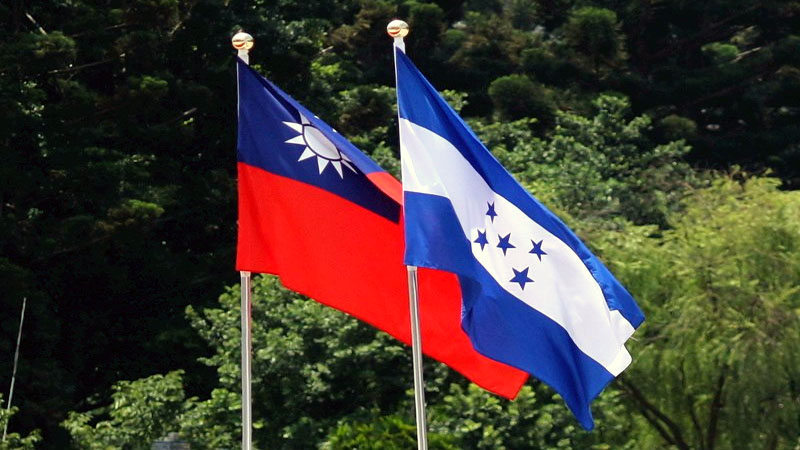Exclusive content

Honduras is actively pursuing new export markets for its beleaguered whiteleg shrimp farming industry, with Foreign Minister Enrique Reina spearheading efforts to penetrate Taiwan and South Korea. In an interview with Honduran outlet Radio América on Monday, Reina outlined the government’s strategy to bolster the sector, which has faced significant challenges in recent years. “We are working with Taiwan to explore possibilities, and with South Korea to address sanitary issues to gain access,” he said, emphasizing the need to support shrimp farmers reeling from declining exports.
The push for new markets follows a dramatic downturn in Honduras’ shrimp trade, triggered by a diplomatic realignment. Reina’s comments come on the heels of his March 28 return from China, where he marked the second anniversary of diplomatic ties between Tegucigalpa and Beijing—a relationship that began in March 2023 when Honduras severed its long-standing recognition of Taiwan. This shift has had profound economic repercussions for the shrimp industry, a key pillar of the country’s agricultural economy.
A Steep Decline in Exports
Data from the National Association of Aquaculturists of Honduras (ANDAH), reported by Radio América, paints a stark picture: shrimp exports plummeted 67% from 20.7 million pounds in 2022 and 20.3 million in 2023 to a mere 6.6 million pounds in 2024. The collapse is largely attributed to the loss of Taiwan as a primary market. In 2022, Taiwan accounted for nearly 40% of Honduran shrimp exports, benefiting from a free trade agreement that offered tariff-free access and favorable pricing until its termination.
That agreement, enacted in 2008, unraveled after Honduras notified Taiwan via the World Trade Organization in June 2023 of its intent to withdraw. The deal formally ended in December of that year, closing a lucrative chapter for Honduran shrimp producers. The pivot to China, intended to open new opportunities, has yet to deliver comparable benefits, leaving the industry in a precarious position.
China’s Limited Appetite for Honduran Shrimp
Honduran media outlet La Prensa reports that China’s demand for whiteleg shrimp has been tepid at best, with only two containers imported in 2024 and another two this year. This sluggish uptake contrasts sharply with the robust trade Honduras once enjoyed with Taiwan. The lackluster performance underscores the challenges of replacing established markets amid shifting geopolitical alliances.
Compounding the issue, Honduras faces a broader economic imbalance with China. According to the Banco Central de Honduras, cited by La Prensa, the country recorded a trade deficit exceeding $2.5 billion with China in 2024. Negotiations for a free trade agreement, initiated in July 2023, remain unresolved, casting further uncertainty over the shrimp industry’s prospects. For now, Reina’s efforts to court Taiwan and South Korea signal a pragmatic bid to diversify and stabilize an industry battered by diplomatic and market upheavals.